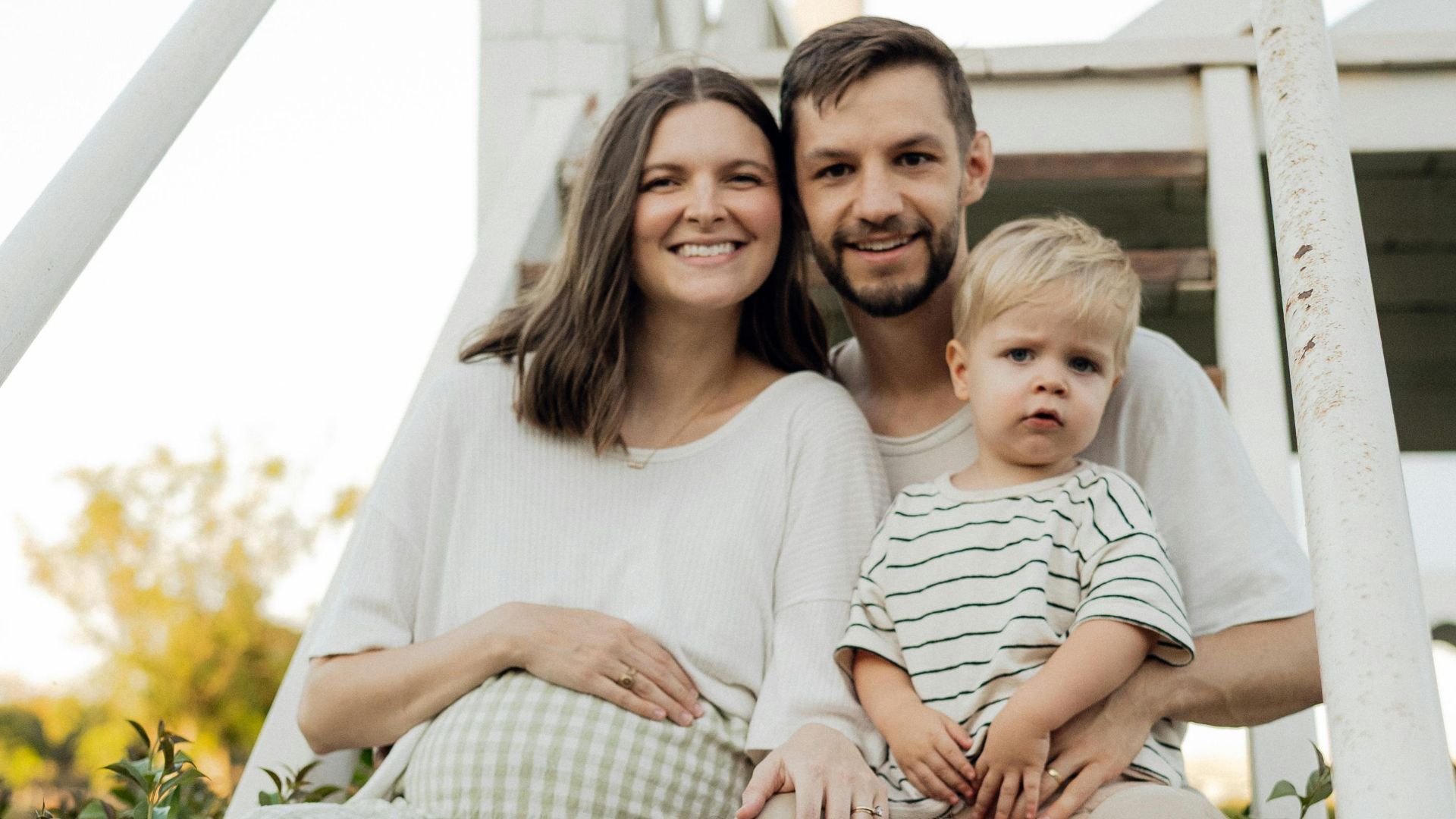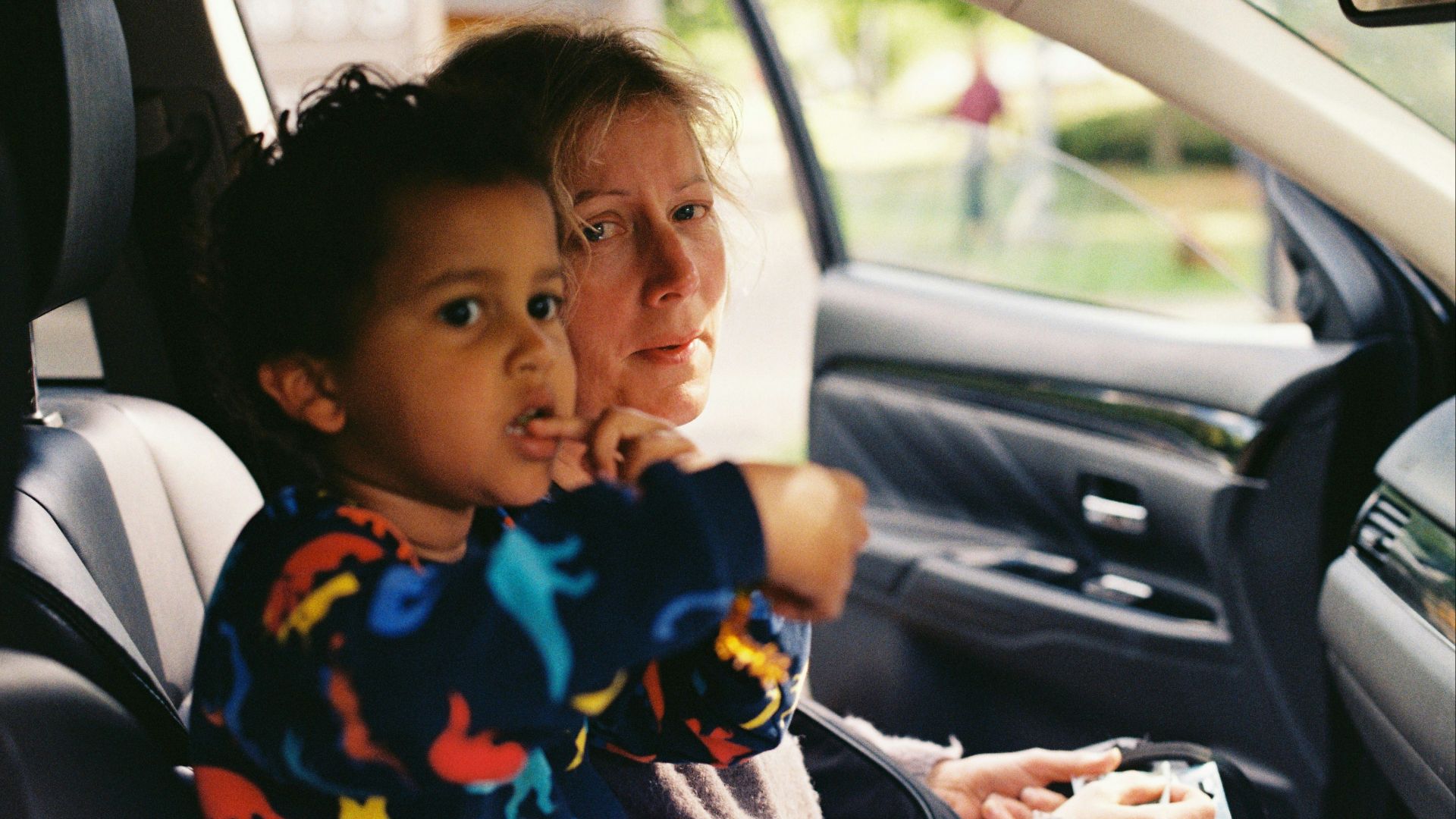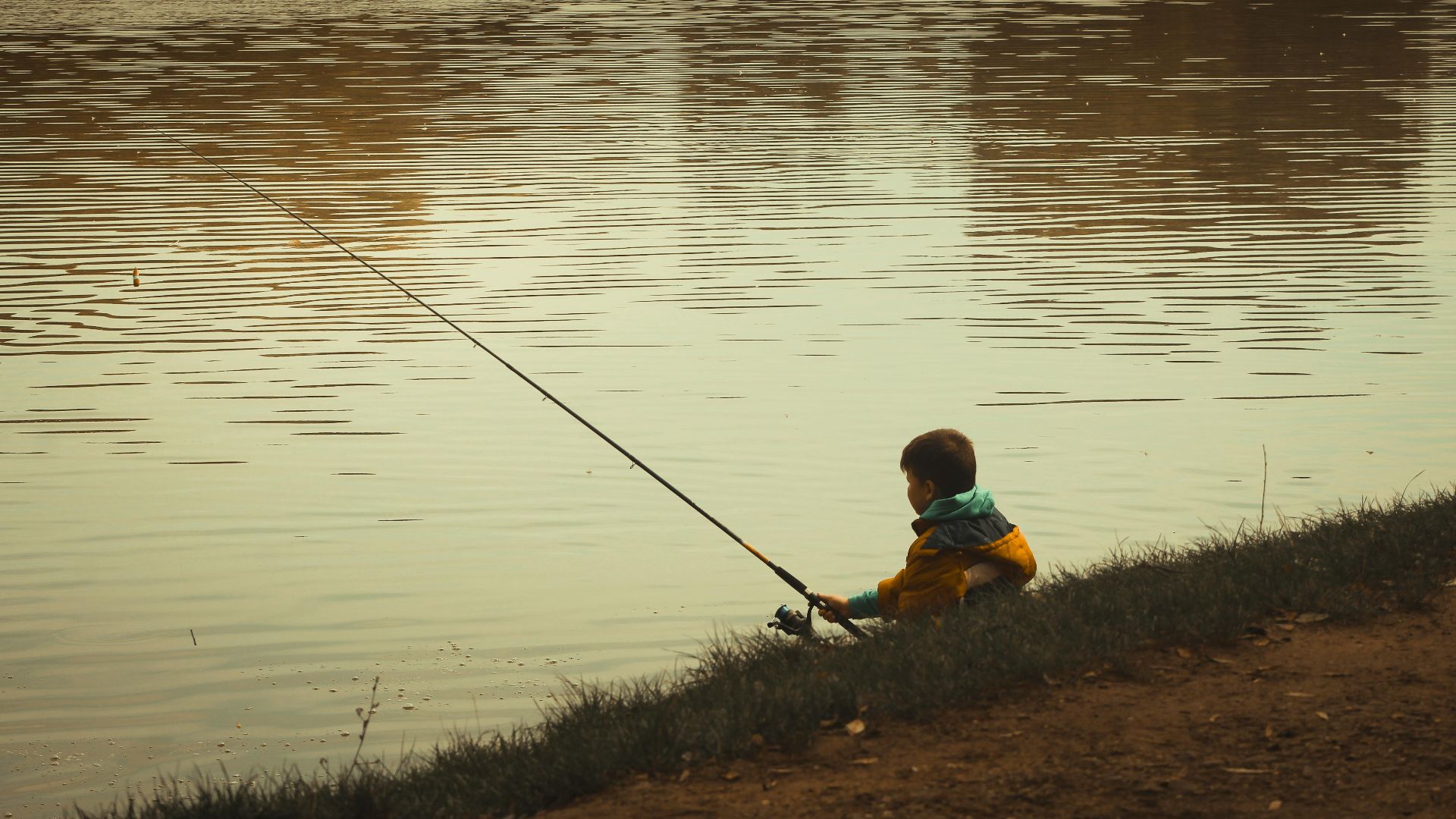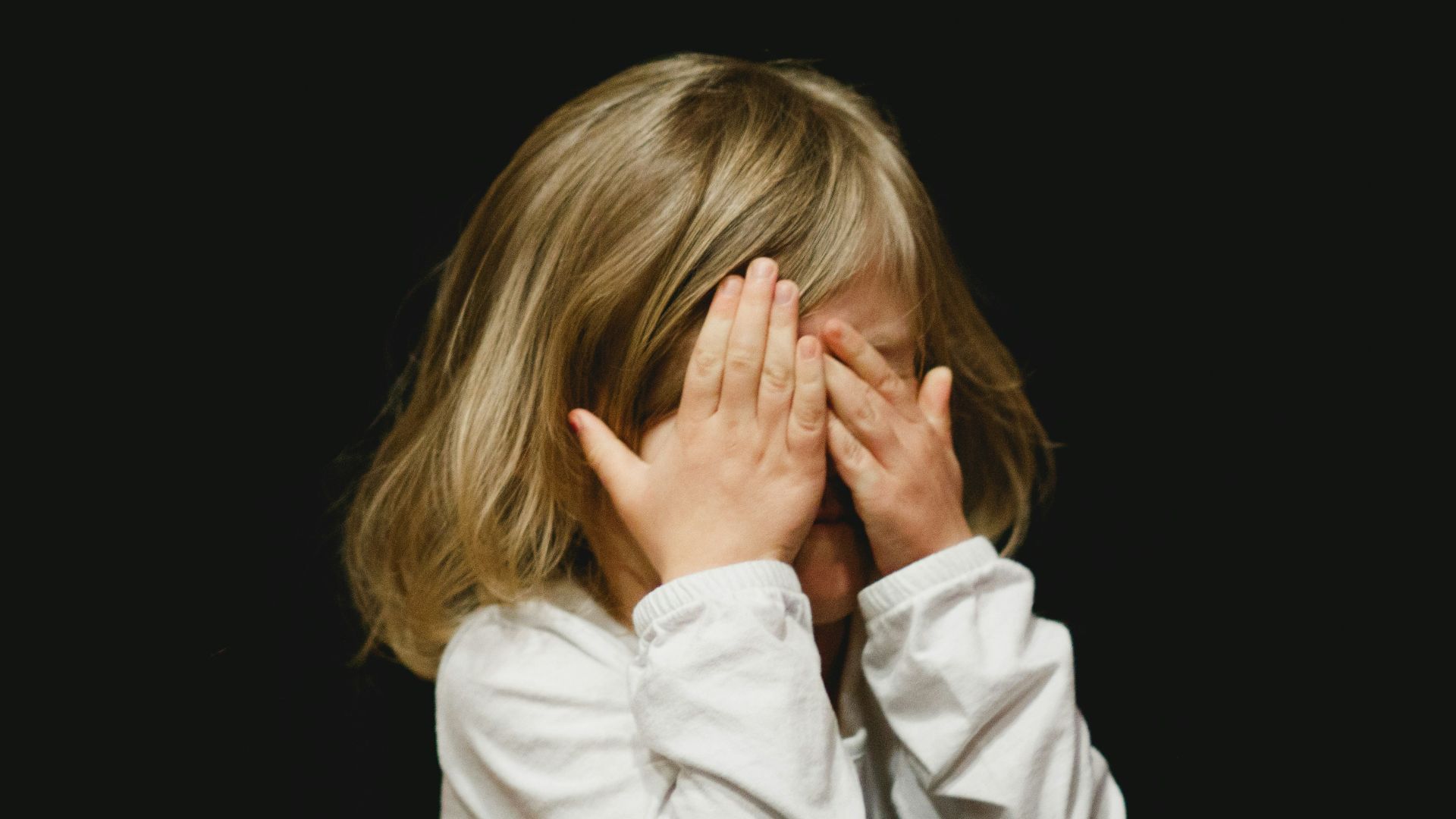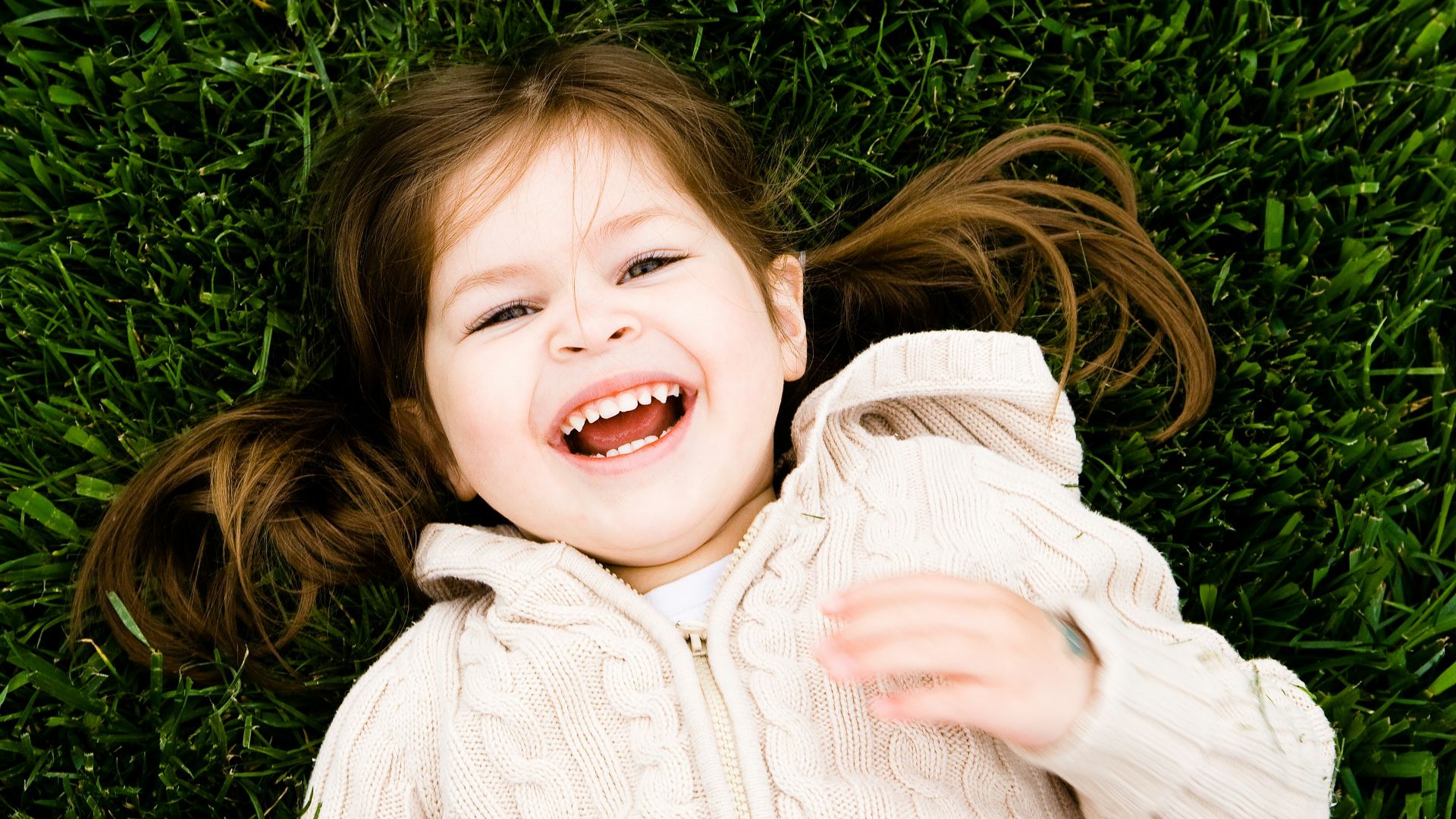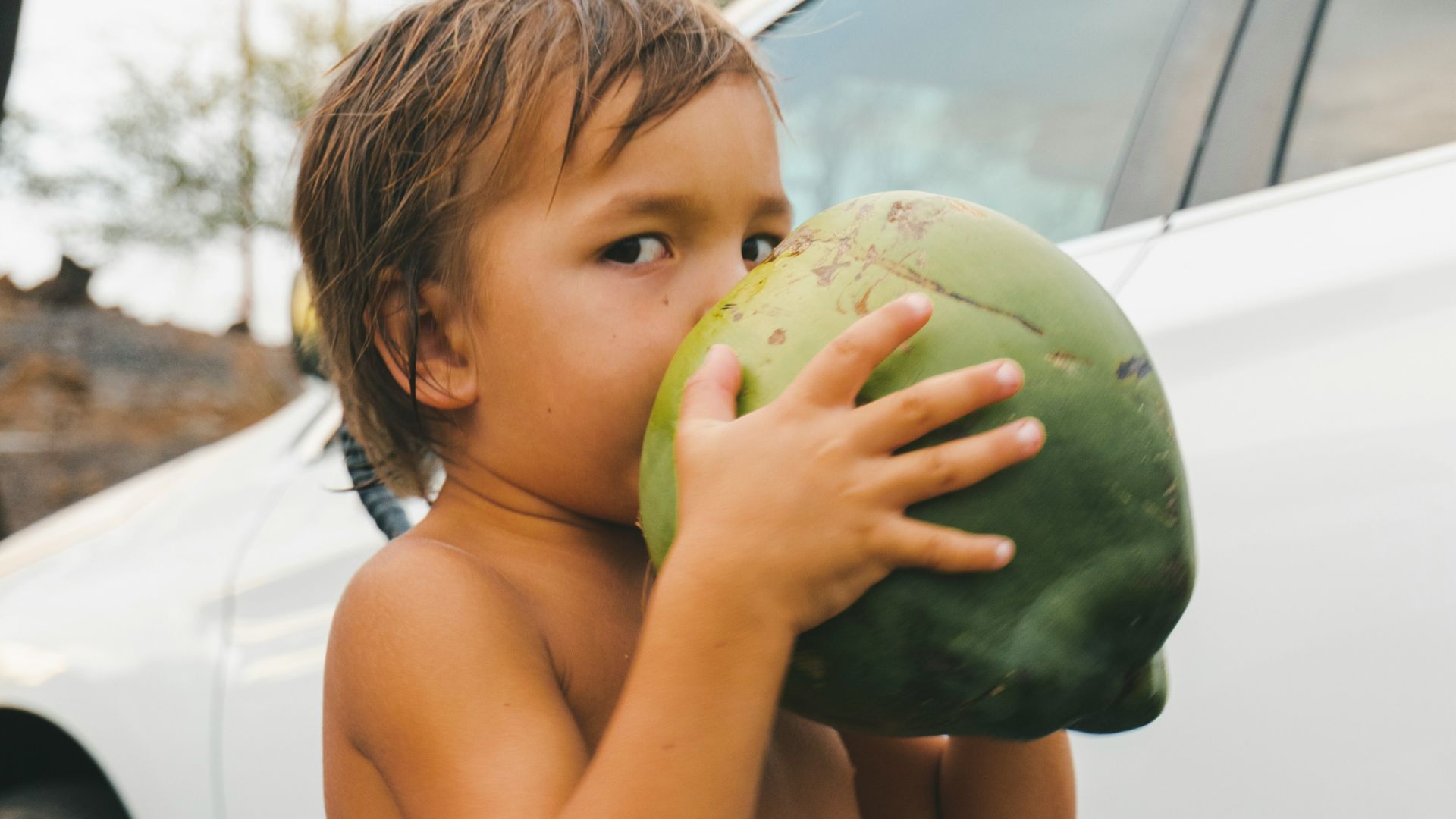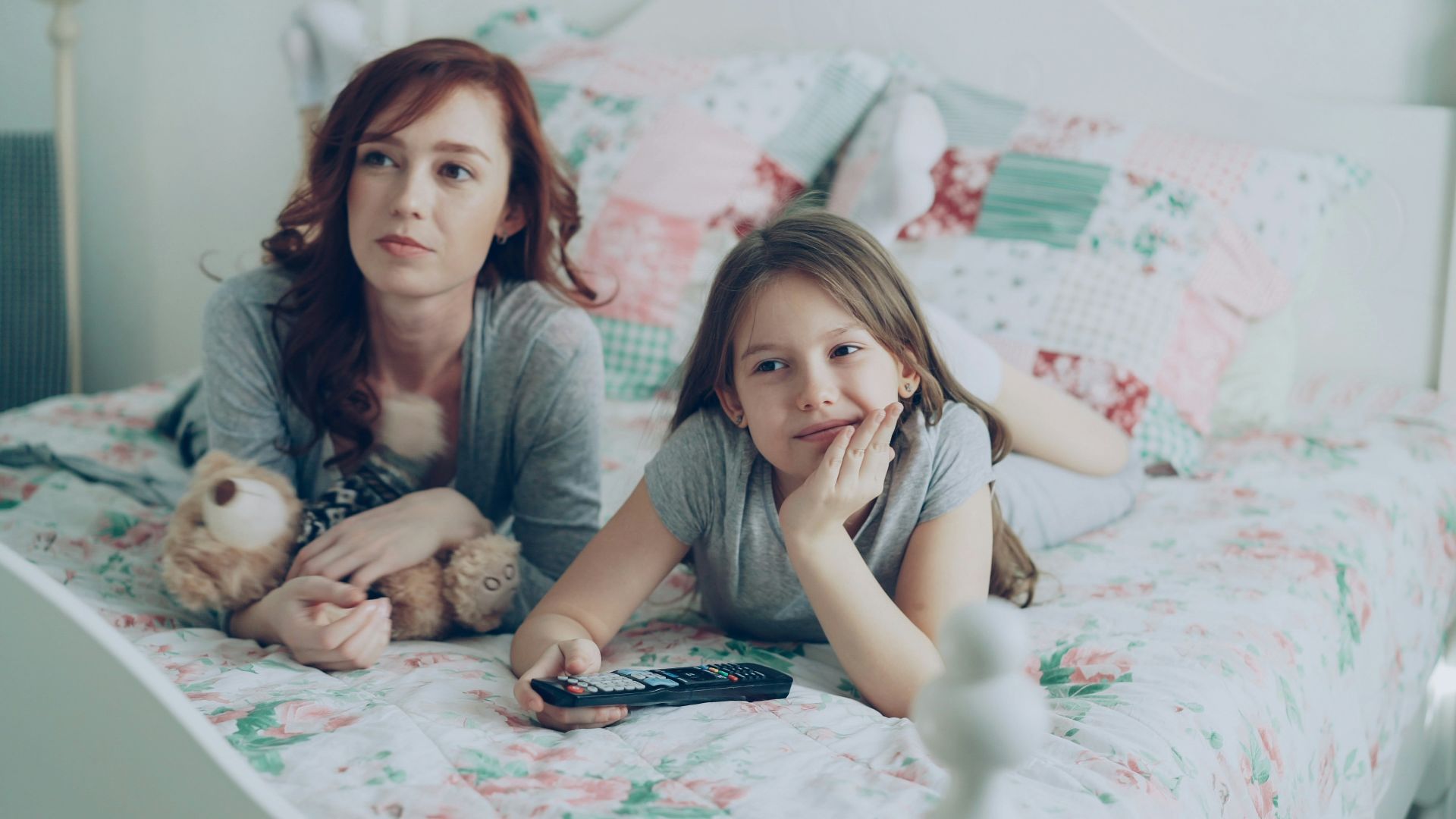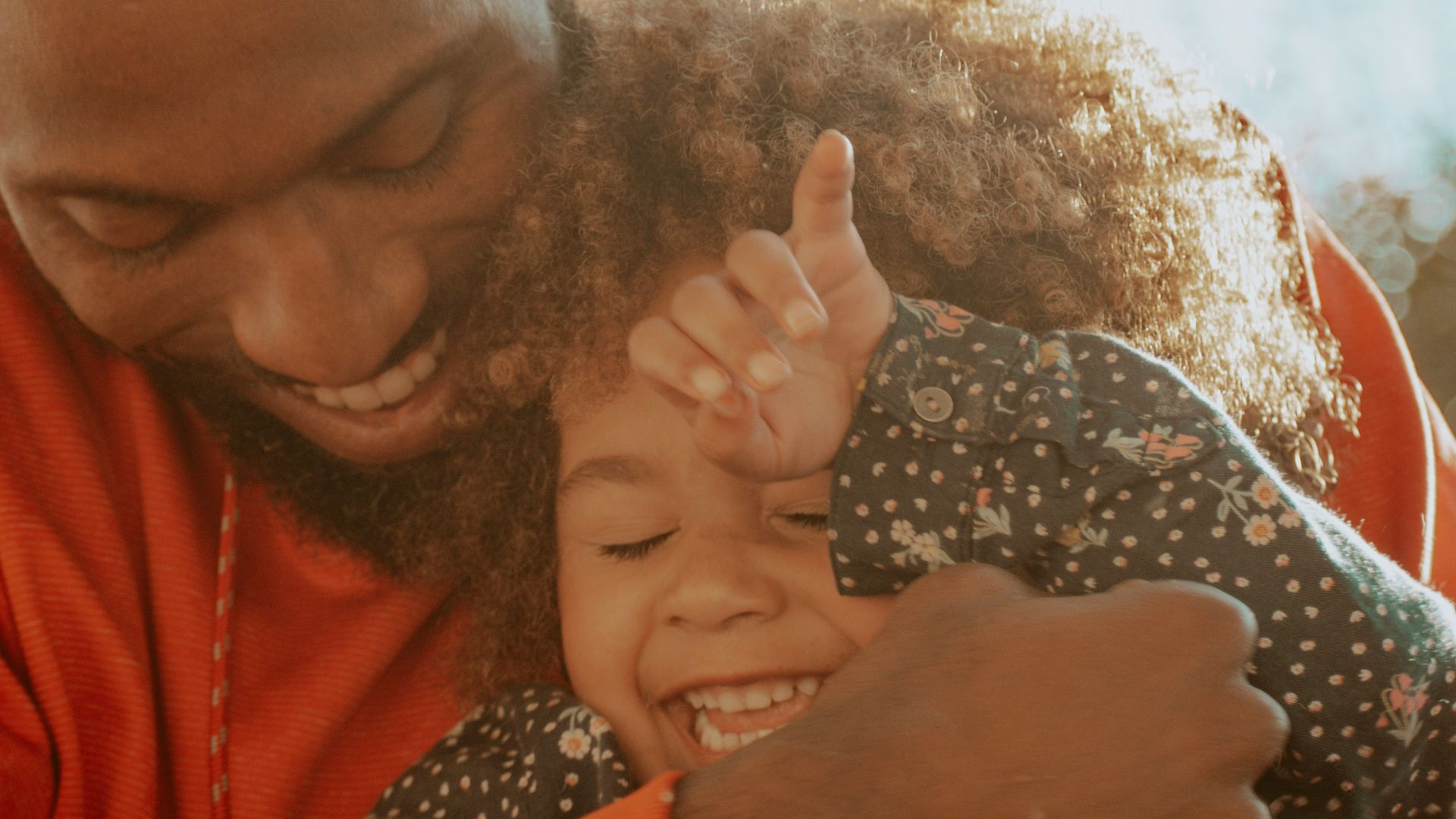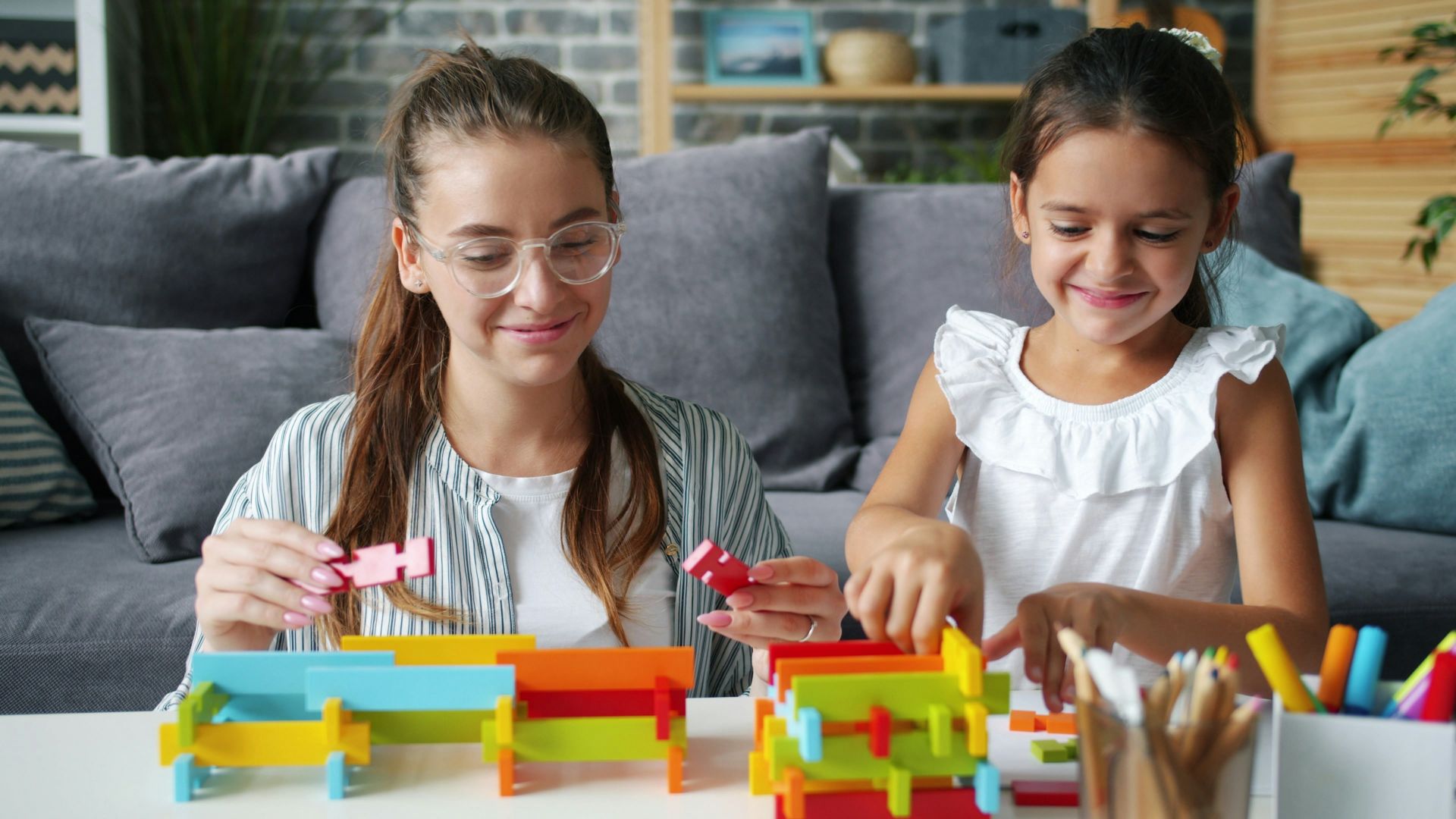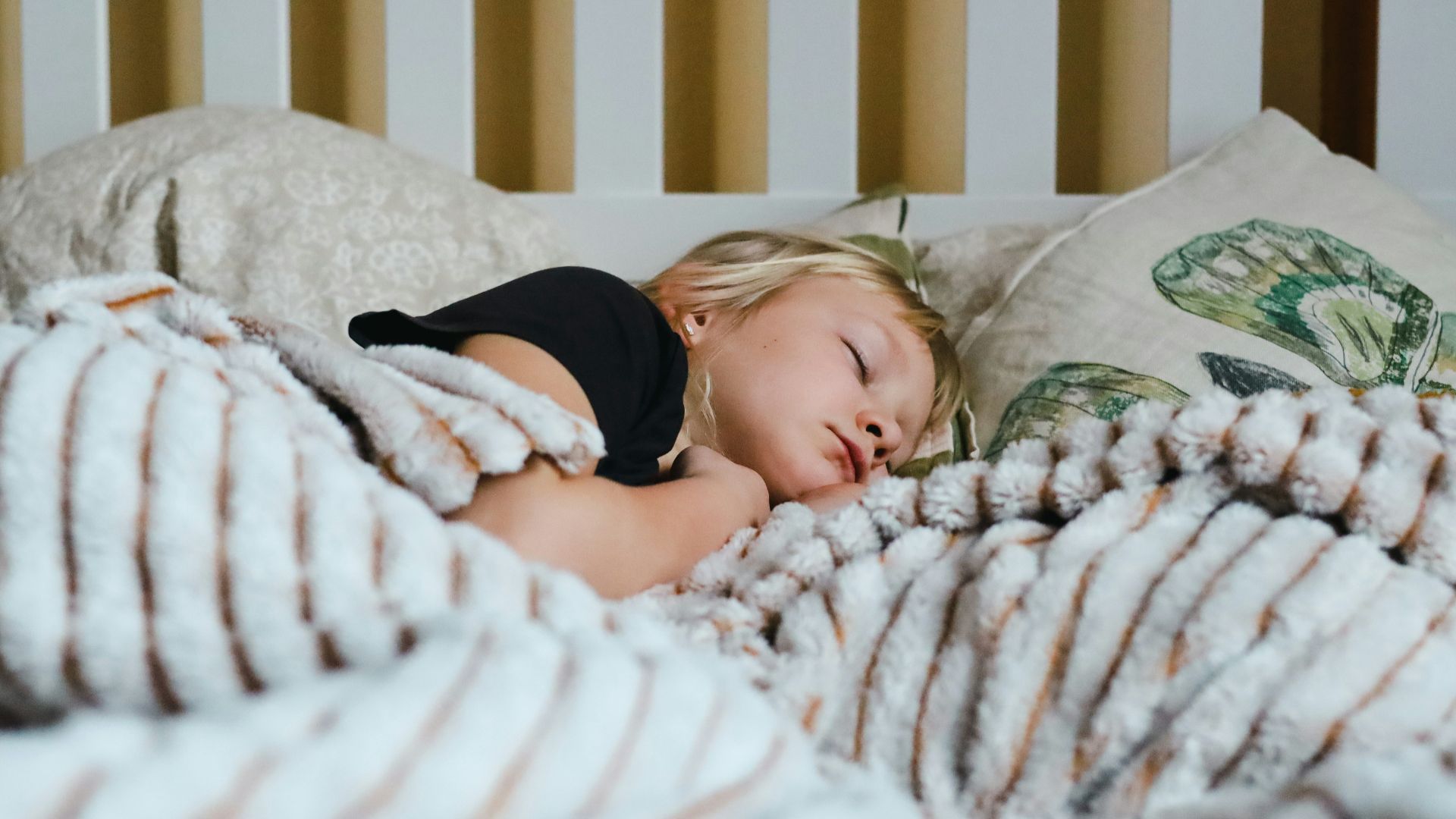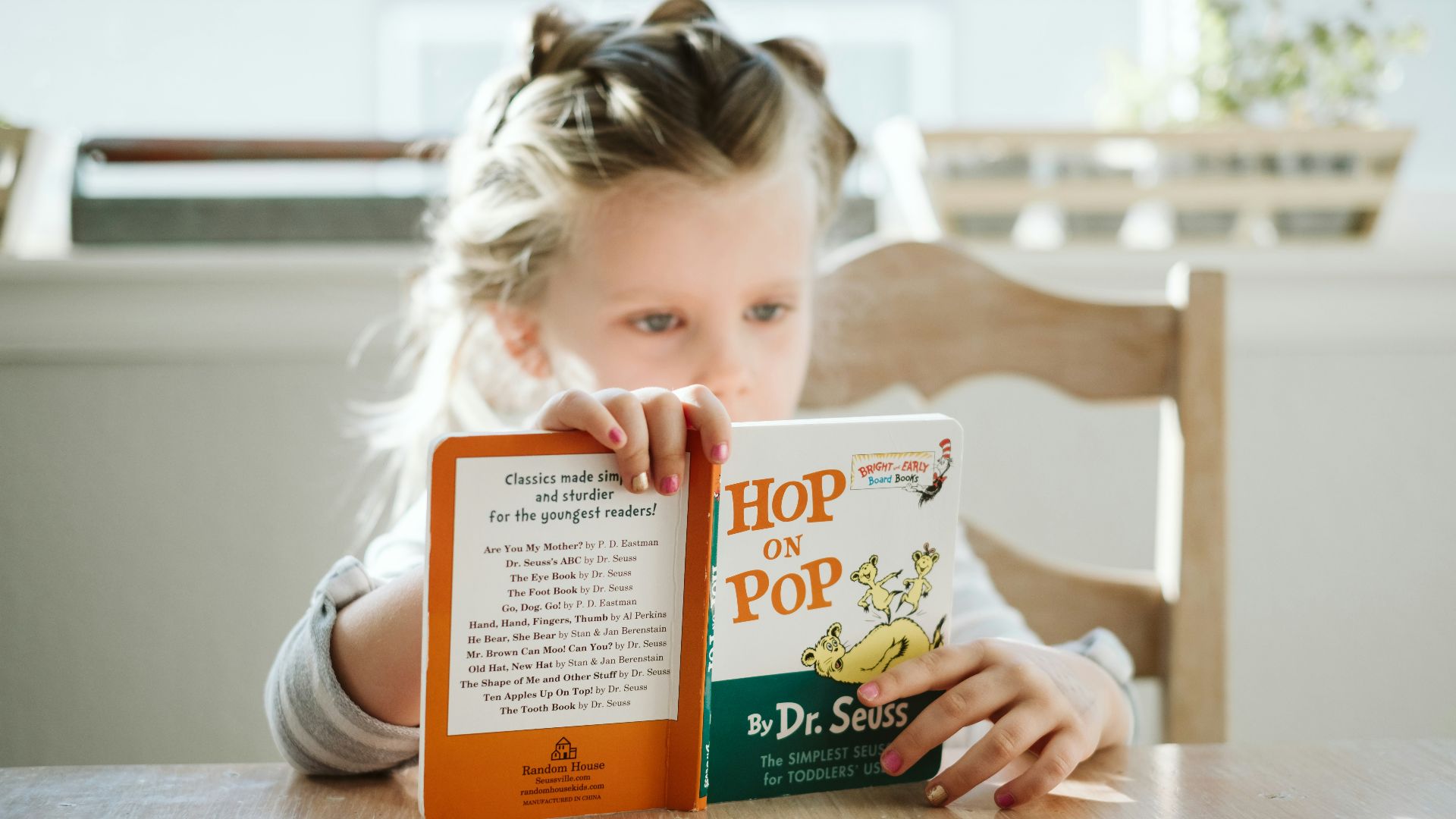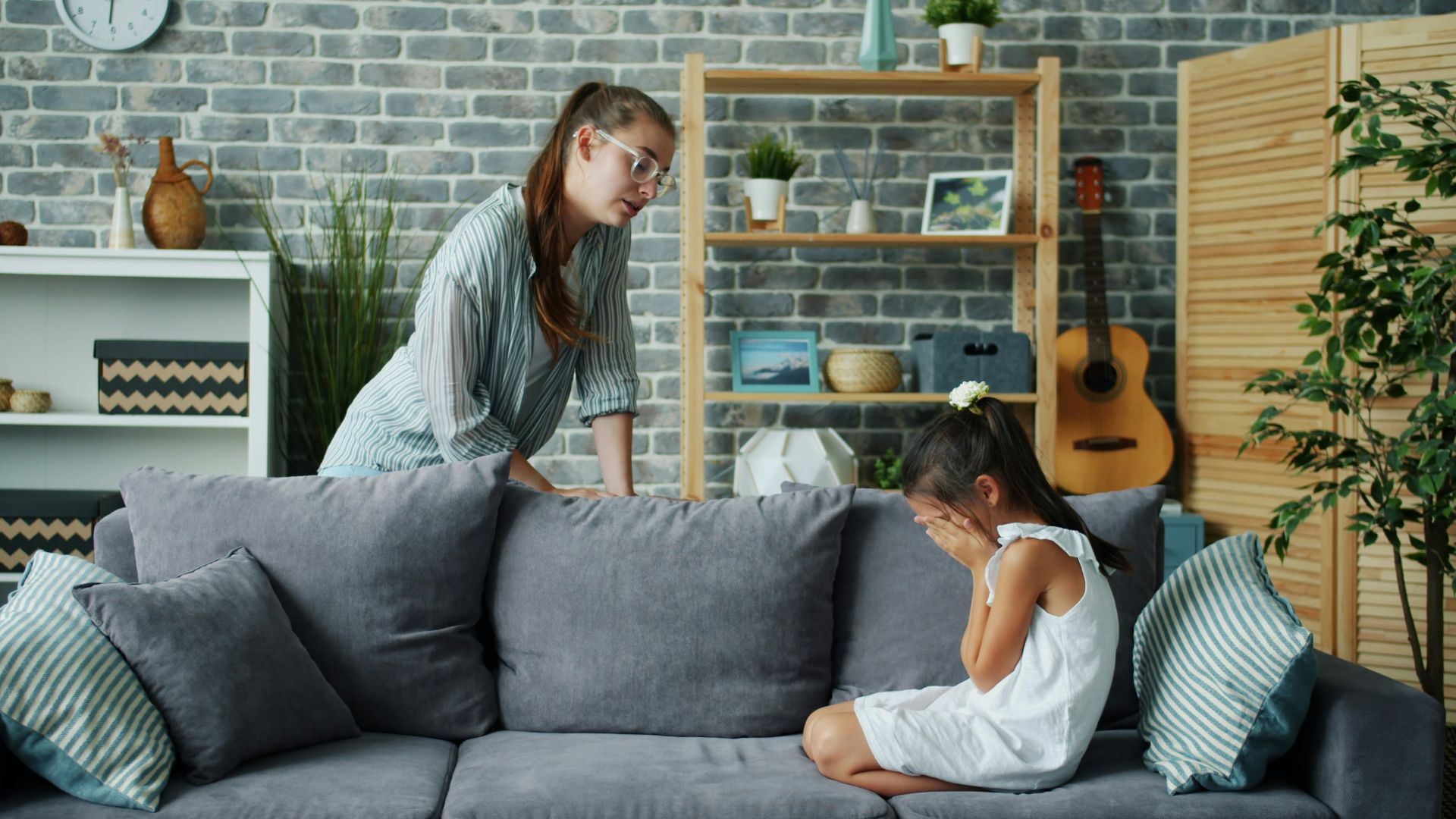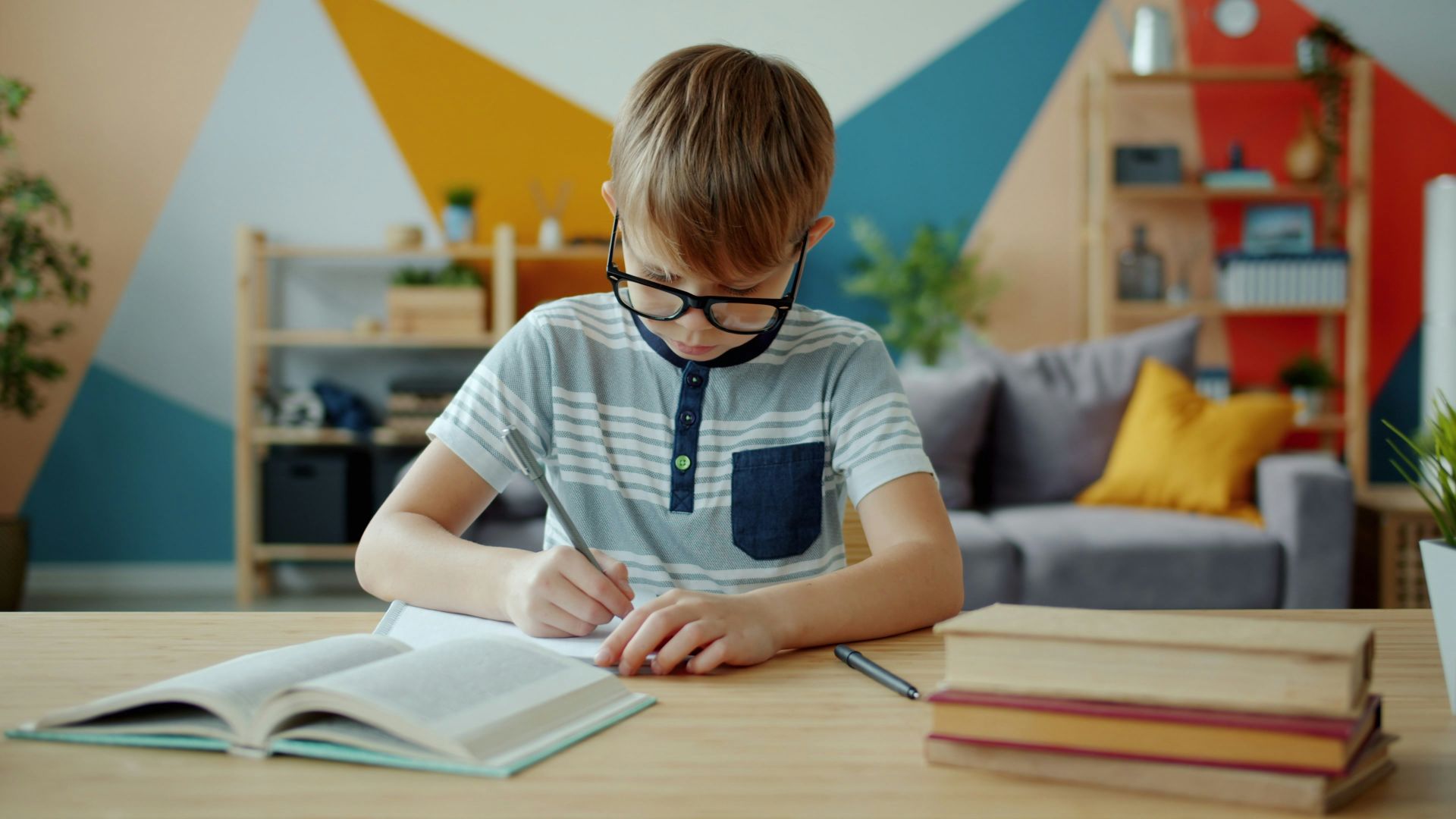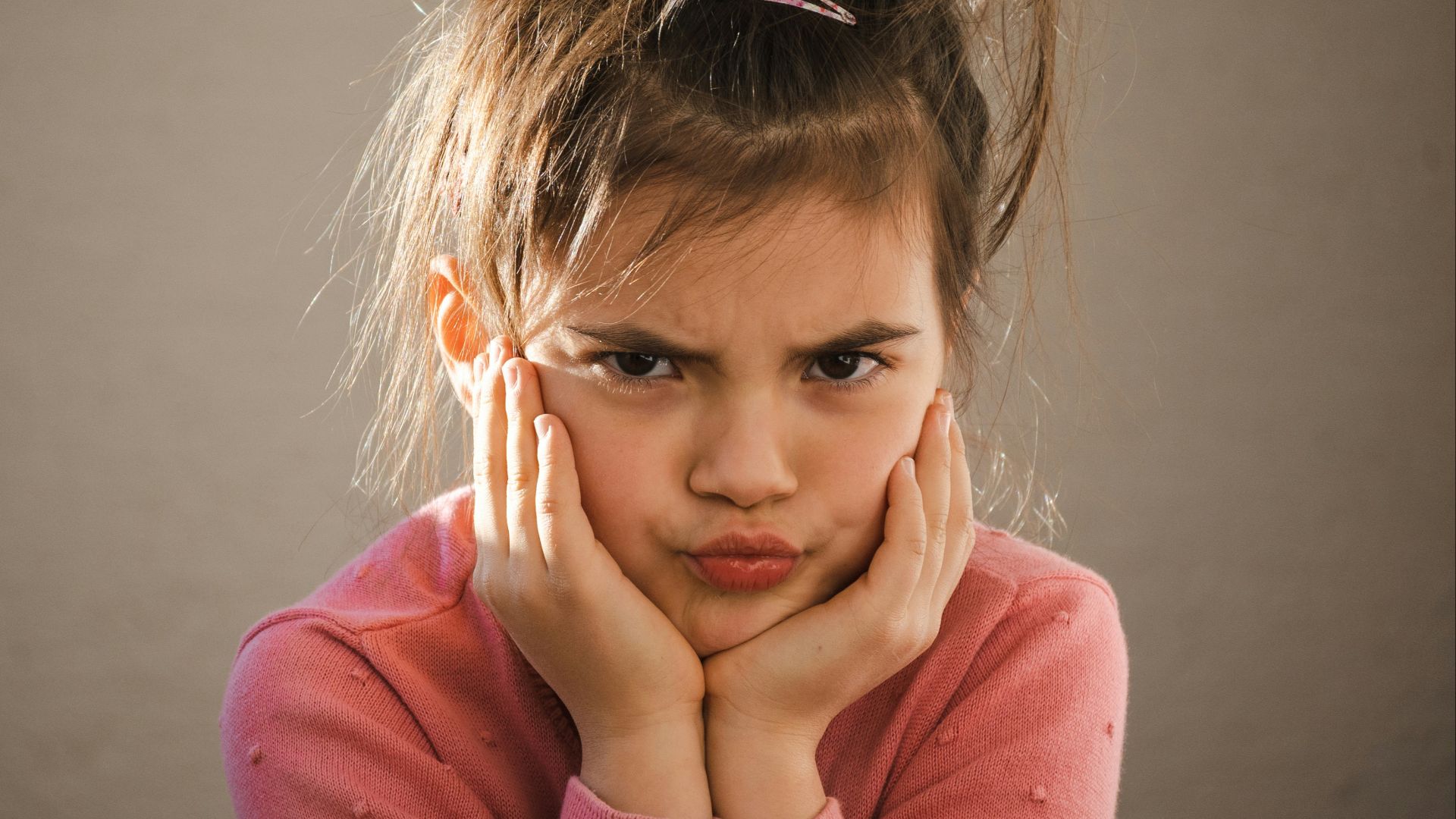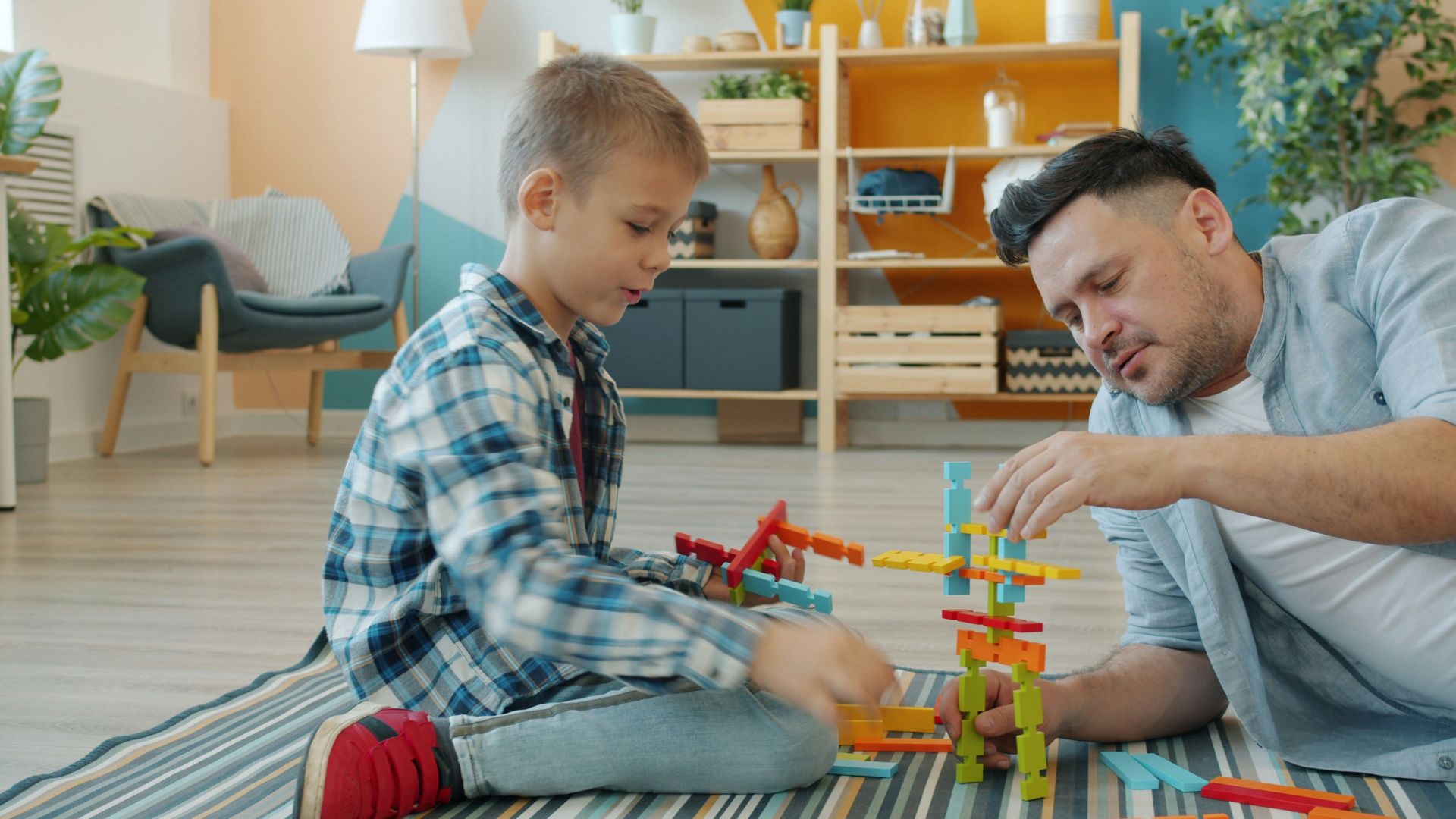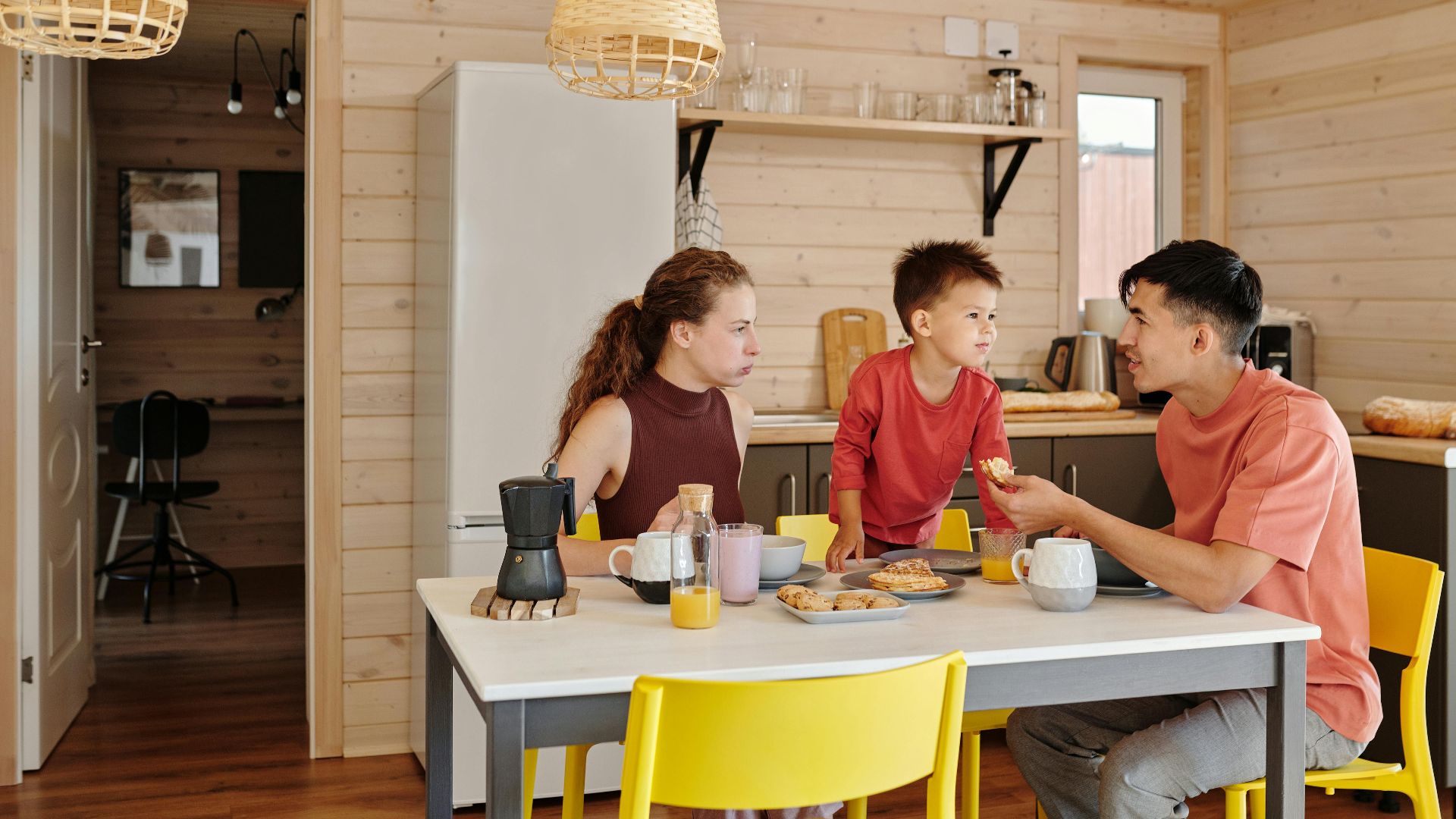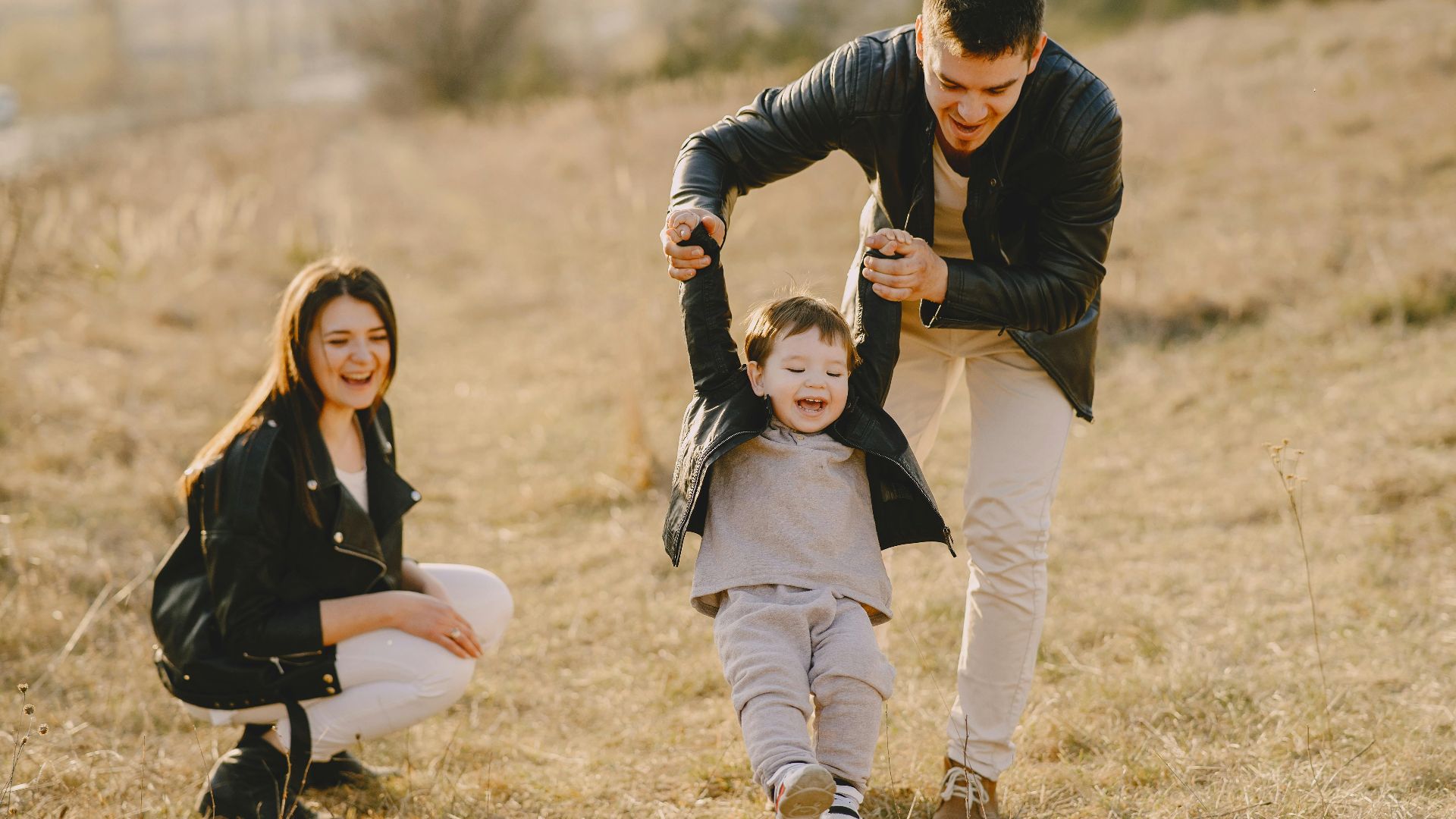When Kids Rewrite What We Know About Life
Parenthood sneaks up on you even when it’s something you’ve planned and hoped for your entire life. It’s not just the sleepless nights that upend you, or the laundry that multiplies like rabbits, but the strange, humbling education of it all. You think you’re the one doing the teaching—manners, math, how to hold a fork properly—but this dynamic often gets flipped on its head. Somewhere between the spilled milk and the bedtime negotiations, you realize you’re the student. Here are twenty lessons parents learn from their kids.
1. Patience Isn’t a Virtue, It’s a Daily Choice
Patience isn’t a genetic quality like freckles; it’s something you choose one frustrating car seat buckle at a time. Waiting while a toddler puts on their own shoes can stretch the limits of human endurance, but then they look up at you beaming, and you somehow find the grace to continue.
2. Wonder Is Contagious
When you grow up, you forget that clouds have shapes. Your kids remind you. They’ll stop dead on the sidewalk to watch a beetle crawl across their path, and suddenly you’re crouched beside them, late for work but mesmerized. Wonder is contagious like that, and eventually you’re the one pointing out rainbows.
3. Silence Can Be Louder Than Words
A child’s quiet can mean anything from peace to mischief to heartbreak. Learning to read those silences is its own kind of wisdom. We start to hear what isn’t said and to read between the lines, noticing meaning in the small hesitations and the eyes that dart away.
4. You Don’t Control Much
You can plan, schedule, and chart developmental milestones, and still have your lives characterized by chaos. Kids strip you of the illusion that control equals predictability, and all you can do is learn to be flexible and adapt to the unexpected spills and works of art drawn in crayon on your walls.
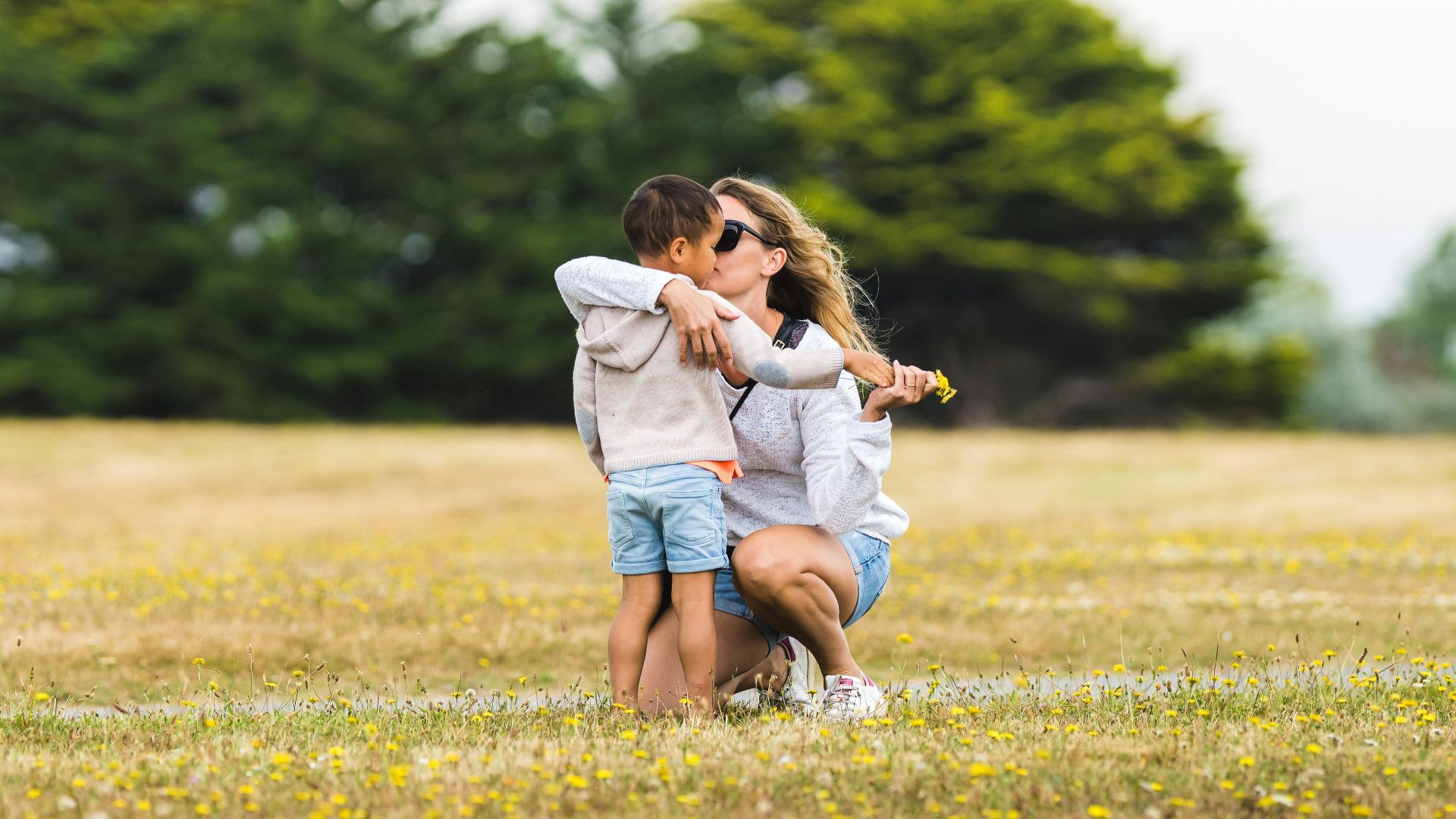 Guillaume de Germain on Unsplash
Guillaume de Germain on Unsplash
5. Apologies Go Both Ways
There’s a strange power in kneeling to a five-year-old and acknowledging that you were wrong. Kids notice tone even more than words. They forgive fast too, which feels like a lesson itself. You start wondering why adults make forgiveness so complicated.
6. Small Things Are Big Things
Children live in a world of micro-rituals, and those tiny consistencies build the scaffolding of security. A simple bedtime story becomes an essential conduit to sleep. Later, you realize how much the little things matter for all of us.
7. Time Is Elastic
A minute can last an hour when someone’s screaming on the floor of Target. Yet a whole summer can vanish between popsicles and sliced watermelon. Kids live entirely in the present; they stretch and compress time at will. Adults could take notes.
8. Rules Bend
You swore there’d be no screens at dinner, but then came a meltdown and a desperate compromise involving an episode of their favorite show. Suddenly you understand that flexibility doesn’t always mean failure; it can also mean survival.
9. Laughter Solves More Than Logic
Try reasoning with a three-year-old mid-tantrum. Then try tickling them. Guess which one works better. Humor breaks tension faster than discipline sometimes. You relearn that laughter can be a type of glue that holds chaos together.
10. You Don’t Need As Much As You Think
Kids find joy in a cardboard box. Or a spoon. Eventually you realize that happiness isn’t another gadget but a game made up on the spot involving couch cushions and imaginary lava.
11. Sleep Is Sacred
There’s no poetic angle here, just plain old biological truth. Sleep deprivation turns saints into monsters. And yet, there’s something sacred about those midnight feedings in the kitchen with the quiet hum of the fridge in the background and their tiny rhythmic breaths at your chest. In these moments, exhaustion and awe tangle together.
12. Comparison Is Poison
You catch yourself wondering why your child isn’t reading yet when your best friend’s child is. Kids couldn’t care less about rank; they clap for themselves after the smallest accomplishments. Eventually, you learn to clap too.
13. Saying No Is an Art Form
Your no’s may be rooted in love, but it’s still tricky to navigate. Say it too often and life feels like the Prohibition era. Say it too little and chaos begins to dominate the day-to-day. Somewhere between the two lies sanity and mutual respect.
14. You Learn to Narrate Everything
Saying things like, “Now we’re brushing teeth,” and “Now we’re putting on socks” sounds absurd until you notice how soothing that rhythm is. There’s comfort in narrating life as you move through it. It’s almost like a mini pep talk.
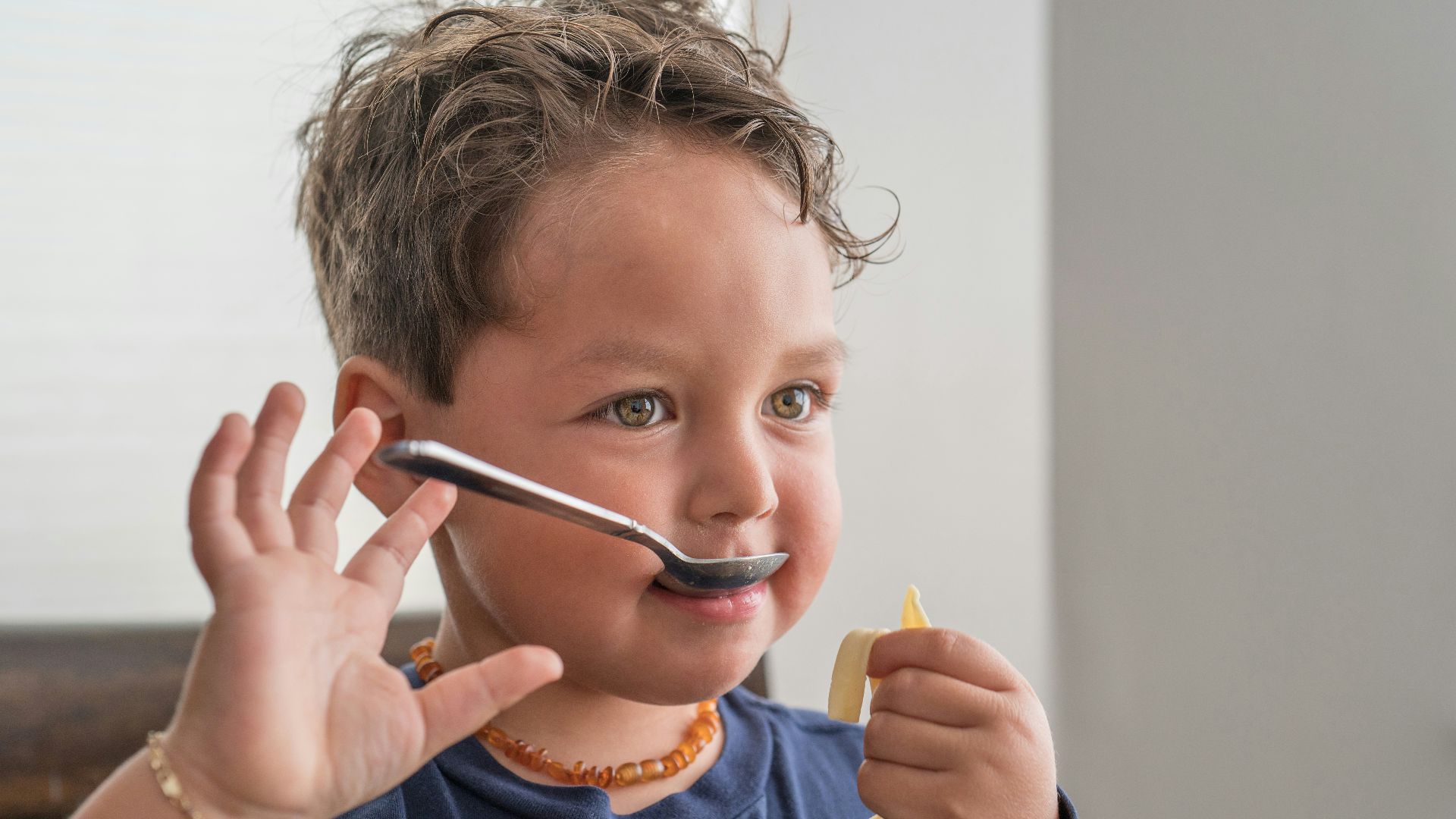 KaroGraphix Photography on Unsplash
KaroGraphix Photography on Unsplash
15. You Can’t Rush Growth
No matter how many flashcards or enrichment activities you buy, kids learn at their own pace. Even if they’re a late walker, a shy talker, or a daydreamer, eventually they’ll reach the next milestone. The process can’t be forced, only trusted and encouraged.
16. Anger Isn’t the Enemy
Kids aren’t capable of suppressing their emotions. And sometimes, watching them, you remember how to feel those powerful feelings more fully. Adults are experts at numbing themselves and pushing through their pain. Sometimes it’s okay to give anger, sadness, delight airtime.
17. You Rediscover Play
Play looks ridiculous to grown-ups until you’re squatting alongside them building a lopsided Lego castle. Then you realize it’s not ridiculous at all; it’s actually quite liberating. Adults forget how to play, and they’re worse off on account of it.
18. Honesty Can Be Refreshing
Kids say things like, “Your breath smells bad,” or “That’s a boring story.” They have no filter, no diplomacy. At first, it stings. Then it liberates. You start appreciating honesty that isn’t wrapped in social niceties.
19. Gratitude Grows in Small Things
Children give thanks for bubbles, pancakes, and even sunny mornings. Gratitude that pure doesn’t need journaling apps or guided meditations; it’s instinctive. Kids find delight in the utterly ordinary, and that’s the sort of perspective worth adopting.
20. Love Expands Beyond Comprehension
At some point, love stops being a feeling and becomes a force of life. It pushes you to endure through those sleepless nights and teenage eye rolls. It’s fierce, inconvenient, and utterly unstoppable. Kids show you that your love can be relentless.


